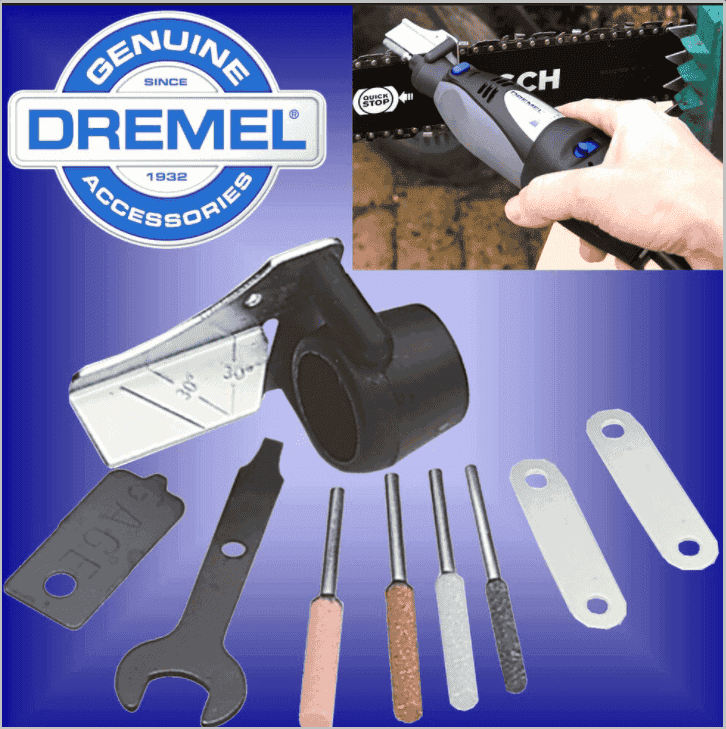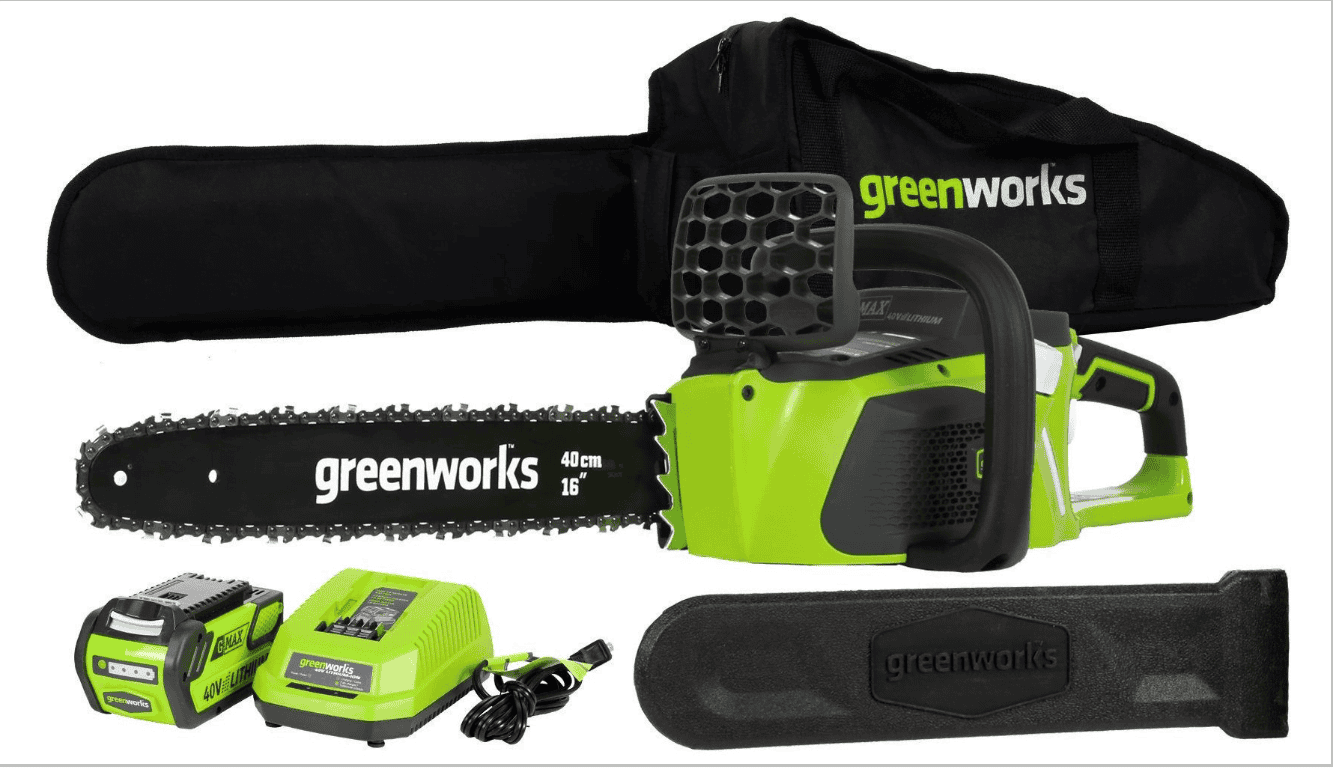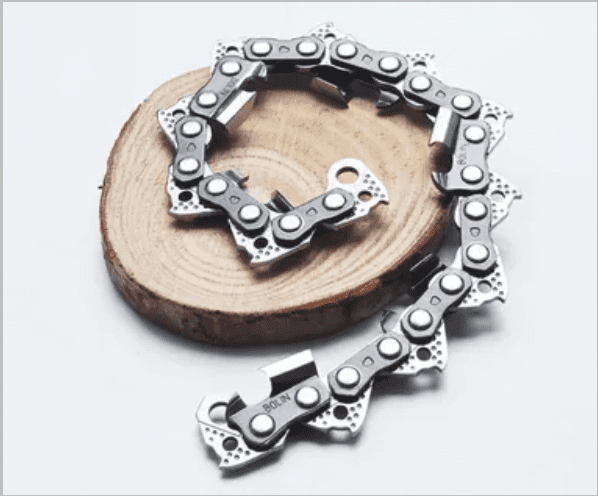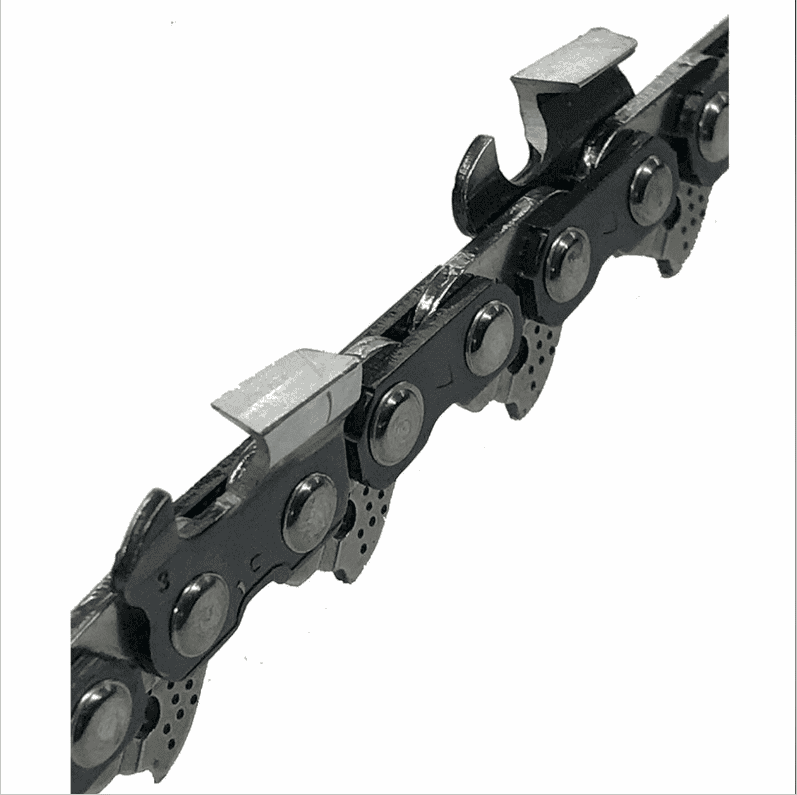Chainsaw sawmills are fantastic tools for anyone interested in transforming logs into lumber. They’re portable, efficient, and can be used for various applications. In this article, we’ll explore different aspects of chainsaw sawmills, from kits to attachments, homemade versions, and even how to choose the best one.
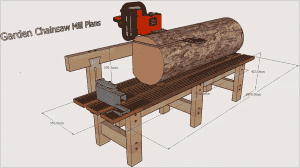
Understanding Chainsaw Sawmills
Chainsaw sawmills are essentially attachments or kits that convert a standard chainsaw into a powerful sawmill. They are designed for those who need to cut logs into boards or beams but don’t have access to a traditional sawmill. Here’s a closer look at the different aspects:
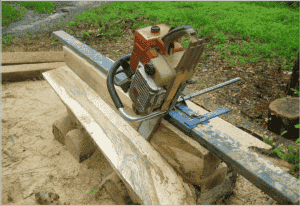
Chainsaw Sawmill Basics
Chainsaw Sawmill Kit: A chainsaw sawmill kit typically includes all the essential components needed to turn your chainsaw into a sawmill. It’s a cost-effective way to start milling your own lumber.
Portable Chainsaw Sawmill: Portability is one of the significant advantages of chainsaw sawmills. These tools are easy to transport to remote locations where traditional sawmills might not be feasible.
Chainsaw Sawmill Attachment: An attachment allows you to transform your chainsaw into a sawmill, providing an economical solution for your lumber needs.
DIY Chainsaw Sawmill: For the hands-on, DIY enthusiast, building your chainsaw sawmill is a rewarding project. It’s cost-effective and allows you to customize your sawmill to your exact needs.
Chainsaw Sawmill for Sale: If you’re not into DIY projects, you can find pre-built chainsaw sawmills for sale. These are ready-to-use and save you time and effort.
Homemade Chainsaw Sawmill: Building your own chainsaw sawmill from scratch is a great project for those with the right skills and tools. It’s a highly customizable option.
Best Chainsaw Sawmill: Choosing the best chainsaw sawmill involves considering factors like your budget, the type of wood you’ll be cutting, and your level of DIY expertise.
Chainsaw Sawmill DIY: DIY enthusiasts often prefer building their chainsaw sawmill, as it allows for greater customization and a sense of accomplishment.
In the table below, let’s compare some key aspects of these different types of chainsaw sawmills:
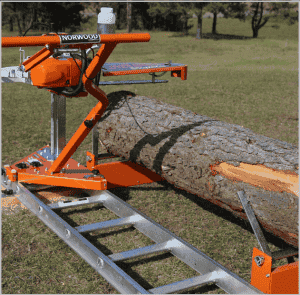
| Type | Description | Advantages | Considerations |
|---|---|---|---|
| Chainsaw Sawmill Kit | A kit that transforms your chainsaw into a sawmill | Affordable, easy to set up | Limited customization |
| Portable Chainsaw Sawmill | A portable solution for remote milling | Easy transport, versatile | May have size limitations |
| Chainsaw Sawmill Attachment | Turns your chainsaw into a sawmill | Economical, easy attachment | Compatibility with your chainsaw |
| DIY Chainsaw Sawmill | Building your sawmill from scratch | Customization, cost-effective | Requires DIY skills and tools |
| Chainsaw Sawmill for Sale | Pre-built, ready to use sawmill | Convenience, time-saving | May be more expensive |
| Homemade Chainsaw Sawmill | Building a custom sawmill from scratch | Full customization, a rewarding project | Requires advanced DIY skills |
| Best Chainsaw Sawmill | Choosing the right sawmill for your needs | Tailored to your requirements | Research required |
| Chainsaw Sawmill DIY | Building your sawmill from scratch | High customization, satisfaction | Requires DIY skills and tools |
Selecting the Right Chainsaw Sawmill
Choosing the best chainsaw sawmill involves a few important considerations:
- Your Budget: Chainsaw sawmills come in a range of prices. Decide how much you’re willing to invest.
- Wood Type: Consider the type and size of wood you’ll be working with. Some sawmills handle larger logs better than others.
- DIY Skill Level: If you’re not very experienced with DIY projects, a pre-built or kit option might be more suitable.
- Portability: If you need to take your sawmill to different locations, portability is crucial.
- Customization: Some people prefer to build their sawmills from scratch to have complete control over the design.
Conclusion
Chainsaw sawmills are versatile tools that cater to a wide range of users, from DIY enthusiasts to professionals. Whether you choose a kit, attachment, or build your sawmill from scratch, it’s all about fulfilling your unique lumber milling needs. Consider your budget, the type of wood you’ll be cutting, and your DIY skill level when making your selection. Happy sawmilling!

